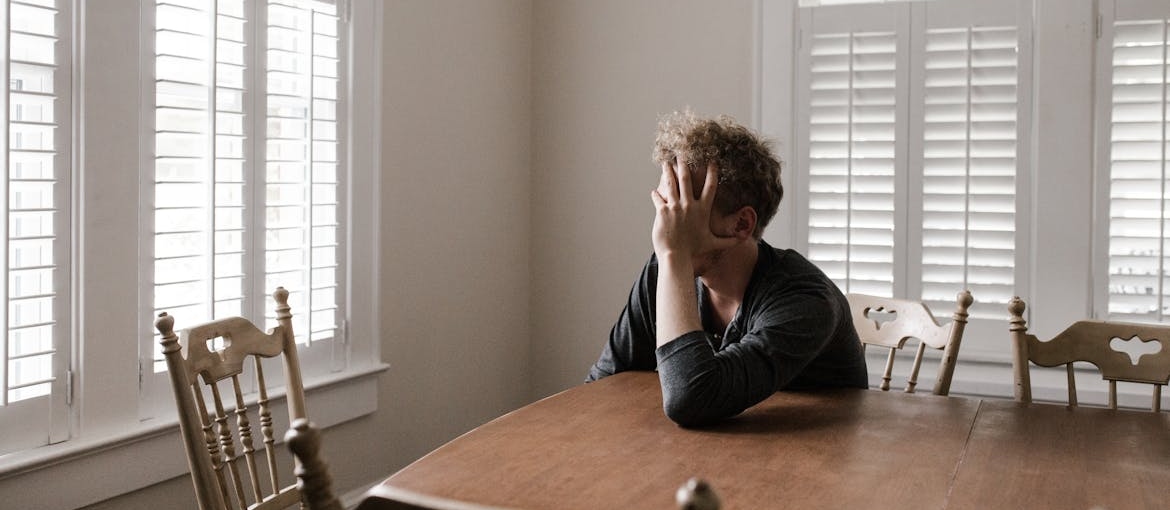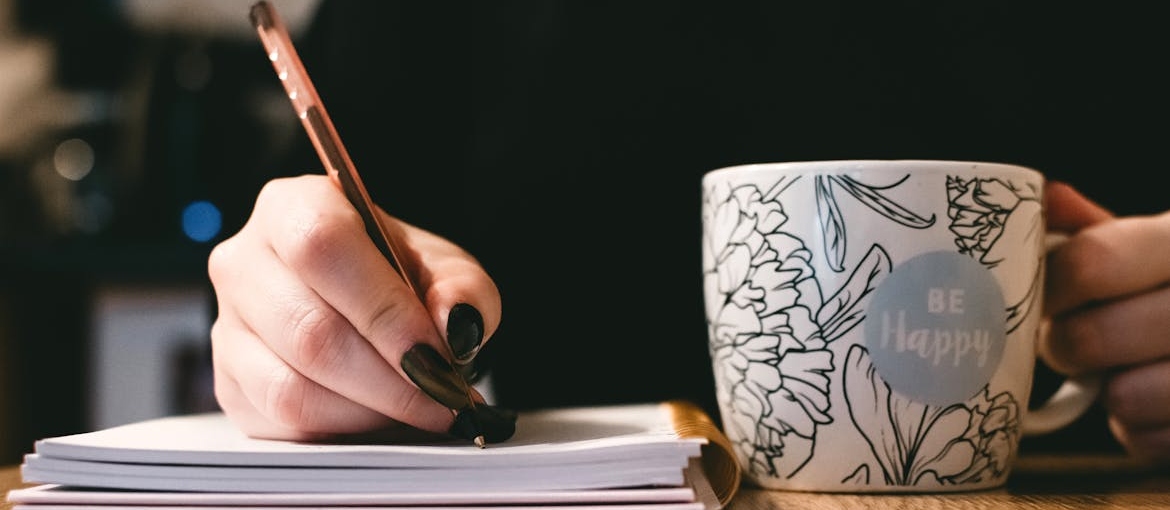Staying sober takes more than willpower. You need simple tools you can use every day when things get hard. That’s where coping skills for addiction come in. These are practical habits that help you deal with stress, cravings, and emotions without turning back to substances. You don’t have to do everything at once. Small changes add up. If you’re feeling stuck, it’s okay. Many people struggle during recovery, especially in the early stages. But you’re not alone. You can learn better ways to handle what life throws at you. Whether you’re just starting out or trying again, these coping tools can help you stay grounded. If you need extra support, a West Virginia treatment center may be the right next step. Let’s look at what you can do starting today.
Understanding the Role of Coping Skills in Addiction Recovery
Recovery isn’t only about stopping the substance. It’s about learning how to handle life without it. That’s why coping skills for addiction matter so much. They give you tools to deal with emotions, stress, and daily triggers. If you’re wondering what are coping skills in addiction recovery, think of them as habits that protect your progress.

You can’t just wait for cravings to pass. You need real actions to stay steady. People in an intensive outpatient program West Virginia relies on learn these skills early on. They’re part of what skills are needed for addiction recovery. No one is born knowing how to manage cravings or anxiety without using. Coping skills for addiction are learned—and they’re worth practicing every day. The more you use them, the more natural they feel.
Daily Habits That Build Long-Term Strength
The best coping skills for addiction aren’t fancy. They’re small things done every day, even on hard ones. When you build structure, you give your brain fewer chances to wander back to old habits. Daily routines help you stay focused and feel more in control. You don’t need to overhaul your life overnight. Instead, work simple actions into your morning, afternoon, and evening. They add up. The list below includes healthy examples:
- Consistent wake-up time: Keeps your body and mind steady.
- Regular meals: Helps balance your mood and energy.
- Movement: Exercise lowers stress and boosts confidence.
- Short daily goals: Small wins keep you going.
- Quiet time: Rest resets your brain.
- Limited screen use: Too much can trigger cravings.
- Support check-ins: Connection keeps you on track.
Managing Triggers in Real Time
Triggers can come out of nowhere. A smell, a fight, a bad day—anything can push old habits forward. That’s why you need coping skills for addiction that work fast. Quick actions can stop cravings from taking over. You don’t have to sit and wait for the urge to pass. Shift your focus. Leave the space. Call someone. Remind yourself what’s true. You won’t always have time to plan, so make coping automatic.
People who go through drug rehab that accepts Tricare often work hard to prepare for this stage. It’s where relapse starts or ends. Coping skills for addiction aren’t about being perfect. They’re about doing something useful in the moment. If it works, even a little, that’s a win. Learning what are the 5 R’s of coping skills—recognize, remove, replace, reward, repeat—can help you stay ahead of cravings.

Healthy Ways to Cope With Emotions Without Substances
Drugs and alcohol often cover up feelings. When you stop using, emotions come back—fast and strong. That’s why many people relapse when they feel angry, sad, or anxious. But those feelings don’t have to ruin your progress. Coping skills for addiction can help you feel things without breaking down. You don’t need to fix everything. You just need to get through the moment without reaching for a substance. These ideas might help:
- Deep breathing: Slows down racing thoughts.
- Grounding techniques: Keeps you focused on the present.
- Name the feeling: Labeling helps reduce its power.
- Talk it out: Sharing lowers pressure.
- Write it down: Gets thoughts out of your head.
- Cold water or ice: Shocks your system to reset.
- Move your body: Physical action clears emotional buildup.
Social Support and Healthy Connection
Coping with addiction takes more than personal willpower. You need people who understand you and show up when it counts. The right kind of support can make a real difference during hard moments. You don’t have to explain yourself to everyone—but talking to the right people helps you feel less alone. Let’s look at how peer support, honest communication, and group recovery programs can help you stay steady through tough days.
Why Peer Support Matters in Addiction Recovery
It’s hard to stay strong when you feel like no one gets it. That’s why peer support matters so much. Others going through similar struggles can offer encouragement, listen without judgment, and give advice that comes from experience. You might feel more open around people who understand the cravings, the guilt, and the work it takes to rebuild. Peer support helps keep you grounded when your motivation dips.
You’re not the only one who has bad days or slips. Recovery groups, sponsors, or therapy circles can remind you of what’s possible. They give structure and routine too, which are important coping skills in recovery. If you’re looking for a place where people truly relate, many alcohol rehab for seniors programs also create space for older adults to connect without pressure.
How to Talk Openly About Your Recovery Without Shame
You don’t have to tell everyone everything, but honesty with the right people helps you heal.
- Speak simply: You don’t owe long explanations.
- Pick your people: Trust is more important than telling everyone.
- Say what you need: Ask for space or support without guilt.
- Set limits: Walk away from judgment or pressure.
- Share wins: It’s okay to be proud of progress.
- Use support: Peer groups help you practice talking without fear.
- Keep it real: Don’t pretend—honest talk helps more than perfect words

Finding Local or Online Recovery Groups That Fit Your Needs
Everyone’s recovery path looks different, and so do their support needs. Some people feel better with in-person meetings. Others feel safer online. What matters is finding a group where you feel heard. Ask yourself what kind of setting works best. Some groups follow strict formats, others are casual chats. You might prefer a group focused on coping skills for substance abuse or one tied to faith or values.
Not every group fits—keep looking until one clicks. Many people in rehab center Morgantown WV programs discover local resources through their care team. You can also find online directories or ask your doctor for suggestions. If anxiety is a block, start small—join, listen, and speak only when ready. The right support group won’t pressure you. It will give you space to grow.
Therapeutic Tools That Build Emotional Resilience
Therapy can give you skills to handle stress, cravings, and pressure without returning to substance use. You don’t need to be “bad enough” for therapy—it’s for anyone who wants to feel better and think clearer. These tools help you stay grounded, even when life feels chaotic. Let’s explore how REBT, DBT, and creative methods like art therapy rehabilitation can build emotional strength and support your recovery goals long-term.

Using Rational Emotive Behavior Therapy for Long-Term Change
REBT (Rational Emotive Behavior Therapy) helps you understand how thoughts shape your reactions. It’s not about pushing feelings down. Instead, you learn how to challenge thoughts that push you toward self-doubt, anger, or relapse. With REBT for addiction, you practice spotting beliefs like “I can’t handle stress” or “I’ll never change.” Then you replace them with more helpful ideas.
This takes time, but it builds strong coping strategies for substance abuse. The therapy focuses on your response, not your past. You stay in control even during hard moments. Many people use REBT as one of their key coping skills for drug use, especially when emotional triggers pop up. It also connects well with other therapies and works alongside support groups. The long-term goal is to build habits that last, not just quick fixes.
The Role of Dialectical Behavior Therapy in Managing Urges
DBT (Dialectical Behavior Therapy) teaches you to manage big feelings without reacting right away. You learn how to pause, stay present, and make choices that don’t hurt your progress. The main points of dialectical behavior therapy include emotion regulation, distress tolerance, mindfulness, and better relationships.
These skills are useful when cravings hit or when old habits try to take over. You might use grounding, deep breathing, or mental checklists. These are real, active substance abuse coping skills that get stronger with practice. Many therapists combine DBT with other methods to create flexible support plans. DBT also teaches you how to stop judging yourself and start noticing patterns that keep you stuck. It’s one of the most effective coping skills in addiction recovery for people dealing with overwhelming emotions or past trauma.

Art as a Creative Coping Skill for Addiction
Talking doesn’t always come easy. That’s why creative tools like art therapy rehabilitation can help during recovery. Art gives your emotions a way out when words feel too heavy or confusing. You don’t need to be an artist. Scribbling, painting, or building something helps shift focus and calm your mind. It lets you process stress without judgment. Art therapy works well alongside other coping skills for addiction.
It helps especially with anger, grief, or shame. Creating something with your hands can feel grounding. Some programs use art therapy during early detox or long-term care. It’s one of the most flexible coping skills for substance abuse because you can do it almost anywhere. You might discover that it becomes part of your routine, helping you reflect and move forward during tough moments.
Relapse Prevention Through Structure and Planning
You don’t fight relapse with motivation. You fight it with structure. That’s where coping skills for addiction come in. Routines take pressure off your brain. You don’t have to think about what’s next—you already planned it. A regular schedule helps protect your progress during stress, loneliness, or boredom.
Add backup plans too. What will you do when cravings hit? Where will you go if things fall apart? Writing it all down helps. Many therapists call this a relapse prevention plan. It’s a tool, not a rule. Change it as you grow. Make sure it includes support contacts, distraction ideas, and early warning signs. Your plan is only as strong as your willingness to follow it. And yes—coping skills for addiction are the core of every good plan. Use them daily. They work.

Building a Sober Life You Can Be Proud Of
Recovery isn’t just about avoiding drugs. It’s about building something better in their place. Coping skills for addiction give you the base. From there, you can shape a life that feels right. That’s where healing really sticks. If you’re not sure where to start, look for simple ways to grow. These small steps help create the kind of life you want:
- New hobbies: Try things you skipped while using.
- Try volunteering: Giving back adds meaning.
- Future goals: Aim for something bigger.
- Healthy friendships: Pick people who support recovery.
- Small wins: Celebrate progress, even tiny ones.
- Quiet routines: Peace helps you stay grounded.
- Self-respect: Do things that make you feel proud.
Stick With It—Recovery Takes Practice
You’ve explored real coping skills for addiction that you can use today. These simple tools aren’t magic fixes. They take time and effort. Stick with the habits that fit your life. Lean into routines, grounding techniques, and healthy outlets when you feel pressure. You don’t have to face challenges alone. Reach out to friends, support groups, or a treatment center if you need more help. Recovery can feel hard sometimes. That’s okay. You’re learning new ways to handle life. Celebrate every small step forward. Keep trying even on tough days. You’ve already shown strength by seeking change. Those coping skills for addiction aren’t just tips—they can hold you steady when things feel shaky. Keep using them. You’re worth it.



